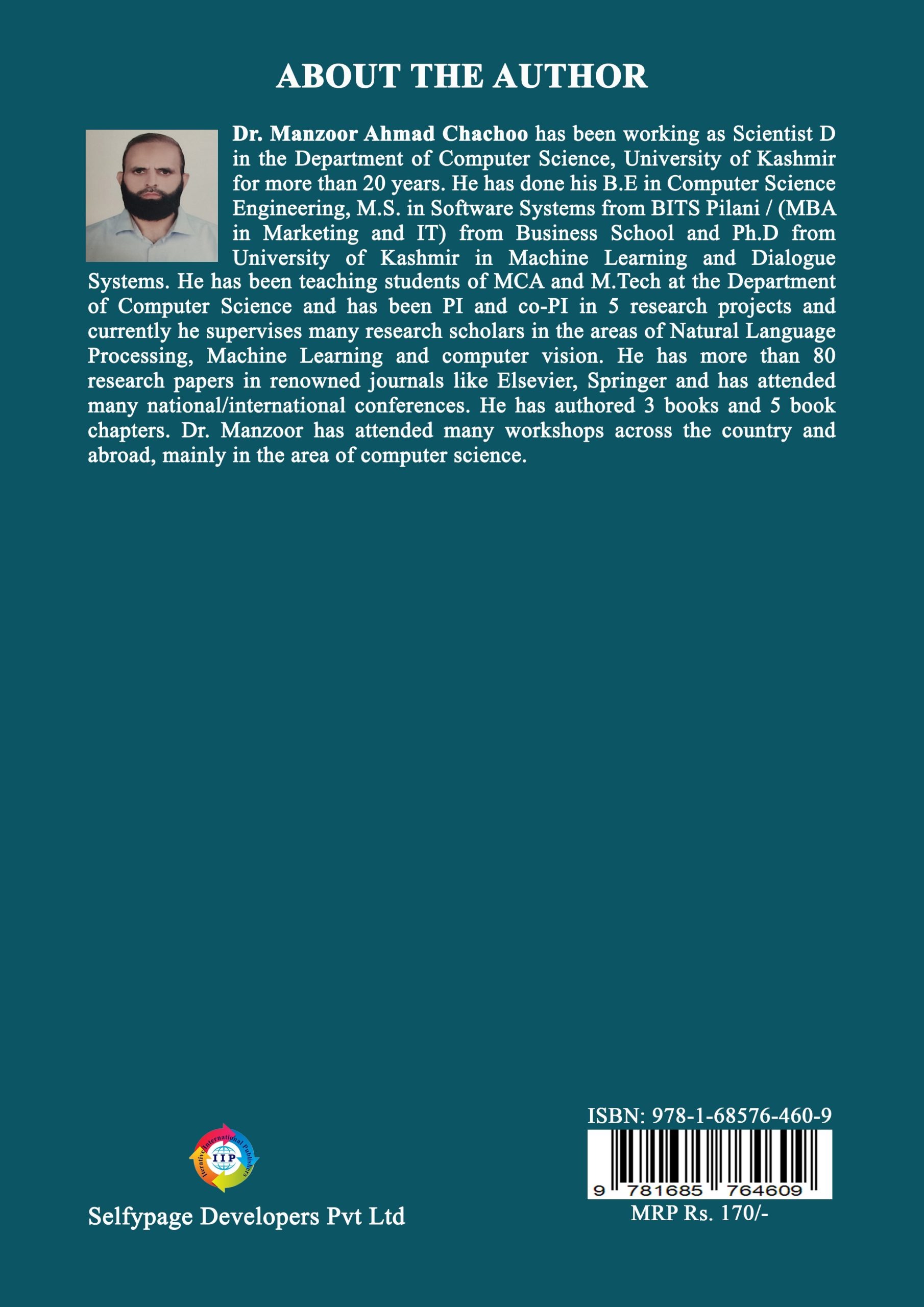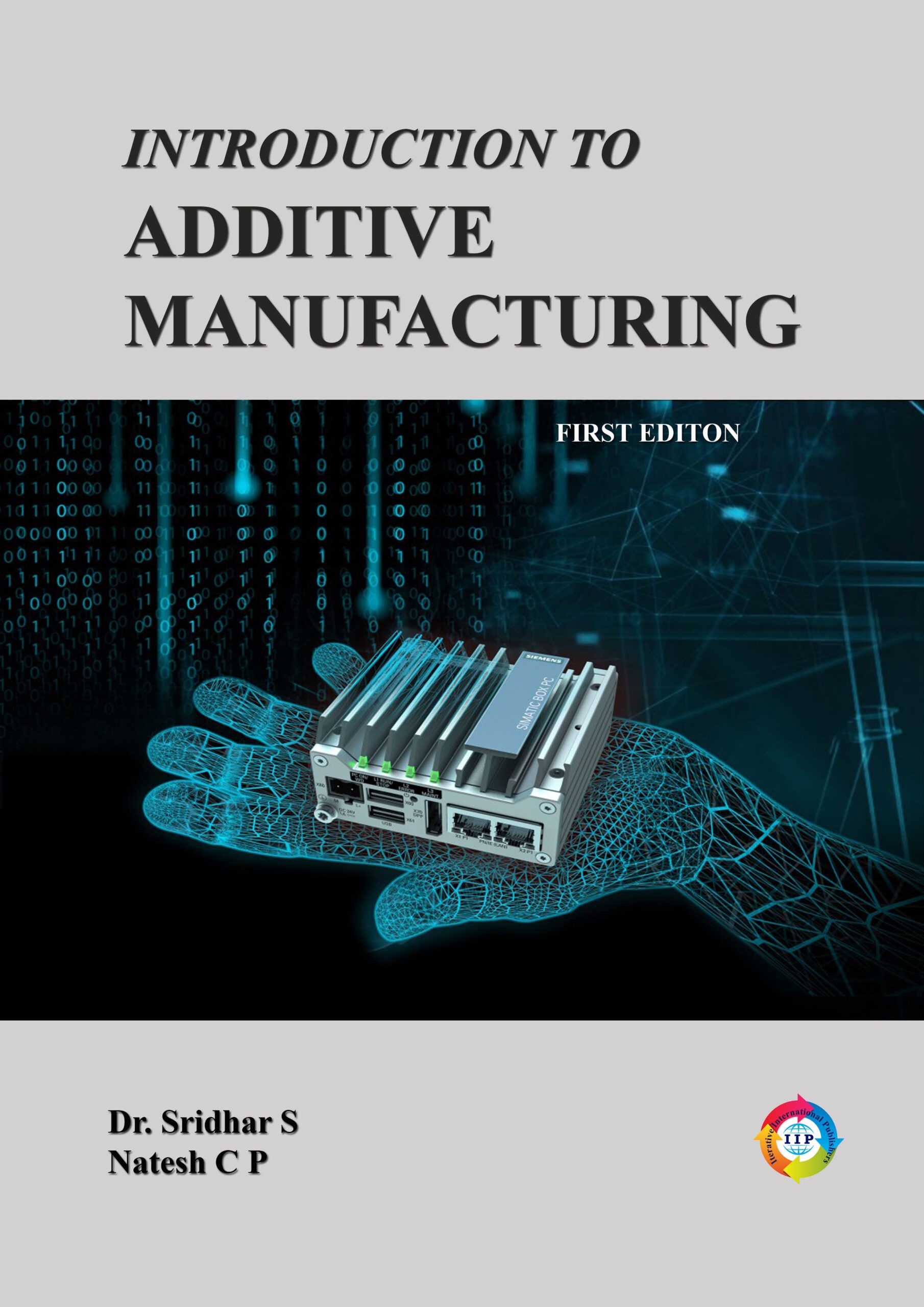In the annals of human history, certain periods stand out as transformative, marking a paradigm shift in the way societies function and individuals learn. The global COVID-19 pandemic has undeniably left an indelible mark on the tapestry of our existence, disrupting the conventional norms of education and ushering in an era where online learning became a necessity rather than a choice. The impact of this shift has been particularly profound in regions facing unique challenges, and one such region that has experienced a notable transformation is Kashmir.
“The Impact of Online Education in Kashmir during Covid-19” explores the dynamic landscape of education in the picturesque valley during the unprecedented times of the pandemic. This study delves into the challenges faced, the innovations embraced, and the enduring effects of the sudden transition to online education. Kashmir, known for its rich cultural heritage and resilient spirit, found itself grappling with a situation that demanded not only adaptability but also a reimagining of traditional educational paradigms.
As we navigate through the pages of this exploration, readers will encounter narratives of students, educators, and policymakers who navigated uncharted waters to ensure that the flame of learning continued to burn bright. From the challenges of connectivity in remote areas to the innovative solutions that emerged, this study sheds light on the multifaceted dimensions of online education in a region where resilience and resourcefulness became the keystones of academic continuity.
Refer to the table of contents for a comprehensive listing, but to provide a glimpse, here is a concise overview of each chapter examined within the research. In Chapter 1, we have expounded on the study’s core problem and its contextual background. Chapter 2 delves into the rapid shift from a traditional approach to an online mode and its subsequent integration into the system. The third chapter explores the experiences associated with E-learning during the Covid era. Moving to Chapter 4, we scrutinize previous studies, compiling the outcomes in a tabular format. Additionally, Chapter 5 outlines the research methodology and the subsequent analysis of results. Chapter 6 presents recommendations and conclusions.
In presenting this work, it is essential to acknowledge the myriad voices that contribute to the narrative. The experiences shared by students, the strategies employed by educators, and the policies shaped by administrators all play a crucial role in understanding the intricate web of online education in Kashmir during the COVID-19 pandemic. Moreover, this preface extends gratitude to those who generously shared their insights, enabling a comprehensive exploration of this transformative period.
Utmost care has been taken to make the book error free. However, we take the responsibility for any mistakes that might have crept. We would be glad to receive any feedback, suggestion, comments about any mistakes that might have crept inadvertently. Any suggestion to improve this book are welcomed unrestrictedly and will be gratefully acknowledged.









Reviews
There are no reviews yet.